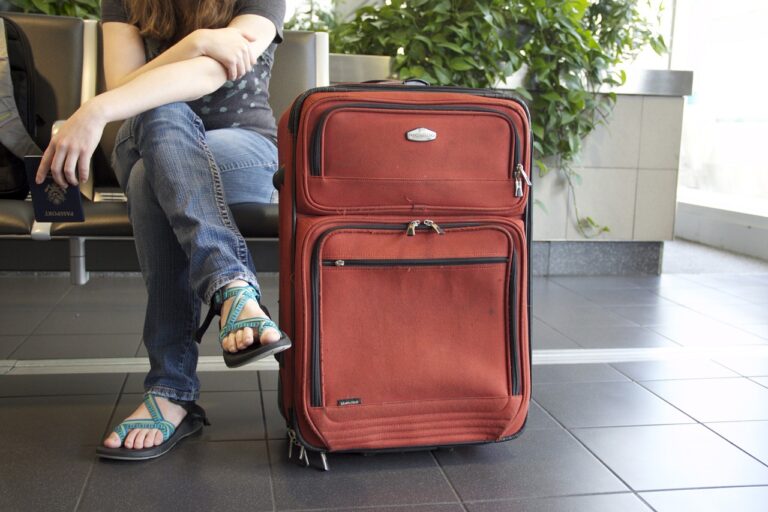The Bag-Intel consortium recently met at Adolfo Suárez Madrid-Barajas Airport to prepare for the project use case that will be taking place at the hub.
Bag-Intel aims to increase the effectiveness and efficiency of baggage customs control at inland border airports without increasing the number of human resources. The project plans to achieve that by using artificial intelligence (AI) to assist with baggage controls.
The consortium’s two other use cases are at airports in Denmark and Greece. The first will comprise a setup of the full Bag-Intel system, including a dog inspection track at Billund Airport. The project will provide an x-ray/CT scanner and cameras for registration and luggage finding. The use case will also implement AI/camera luggage registration for easy re-detection at the customs area when exiting the airport.
The second use case will comprise a setup of the full Bag-Intel system (without a dog track) at Makedonia Airport in Thessaloniki. The project will provide an x-ray/CT scanner. The airport will provide a handheld device for scanning the bag tag label before the luggage enters the x-ray/CT scanner, to collect information such as the departure airport, to feed the knowledge base for risk analysis. This use case will also consider the requirements for integrability with the related existing systems applied by the airport, customs and the airport police.
In Madrid, all technical partners had a chance to present their initial work and plans for the coming months. The team also discussed whether the project for the third use case should engage actors or real passengers.
The Bag-Intel team is now getting ready to install the equipment at Madrid-Barajas to carry out the project.
In related news, Denver International Airport (DEN) is to receive a US$26.6m grant from the Federal Aviation Administration (FAA) to fund a portion of the baggage handling system (BHS) modernization project, which is designed to increase capacity and improve energy efficiency. Click here for the full story.


